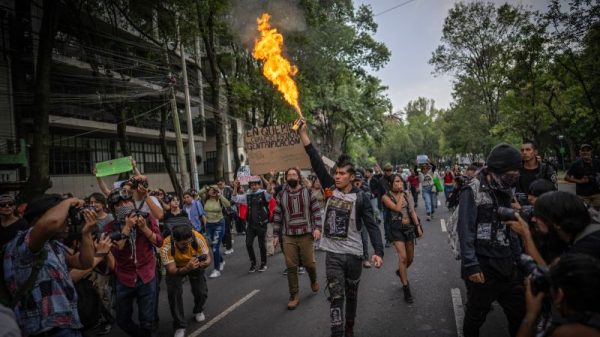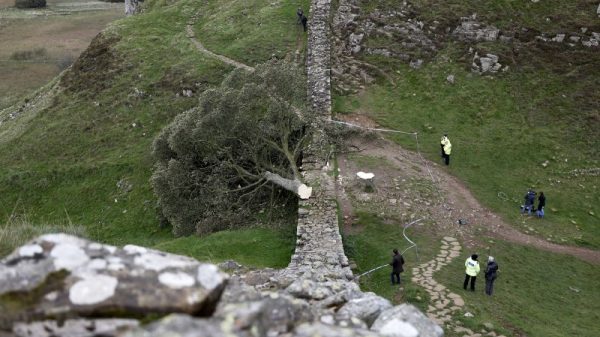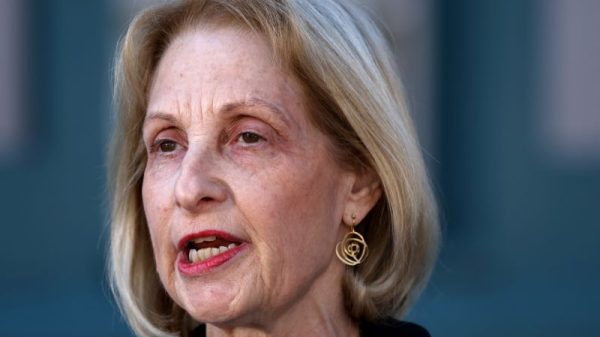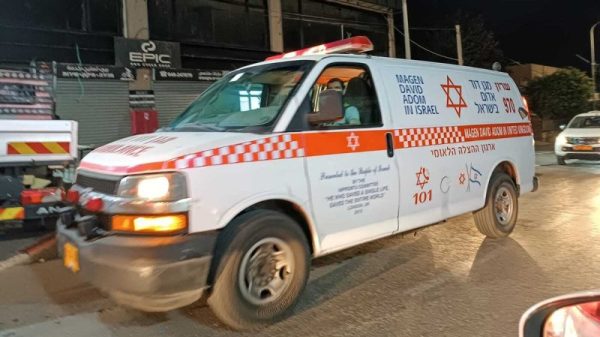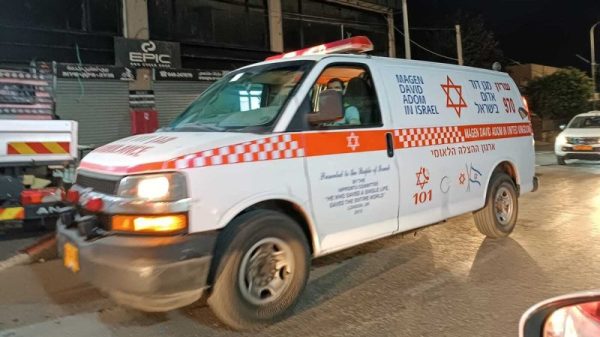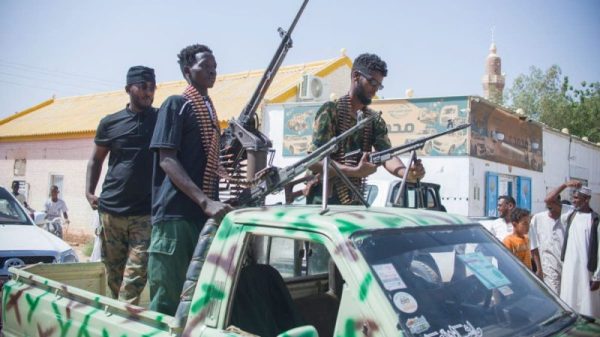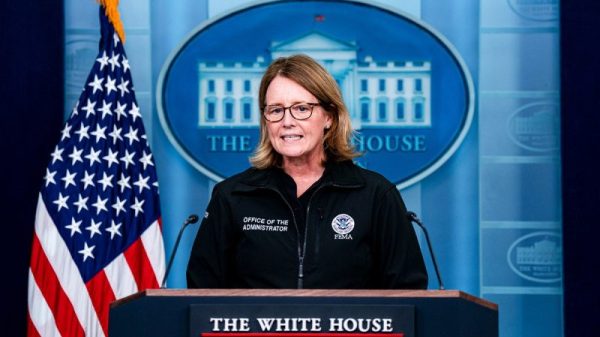By the time I arrived in San Antonio as a young minister in 1988, Buckner Fanning was already legendary. He was several decades into what would be a 40-year stint as pastor of Trinity Baptist Church. He had a flowing mane of white hair and a down-home preaching style that befriended the most hesitant of cynics. People called him the Protestant Pope of South Texas.
We exchanged pulpits one Sunday. He came to our congregation; I went to his. When he was offered the bread and the wine, a memory surfaced that caused him to change the introduction to his sermon.
Buckner was a Marine in World War II, stationed in Nagasaki three weeks after the dropping of the atomic bomb. The city, Buckner related, was something out of the apocalypse.
While patrolling the narrow streets, he came upon a sign that bore an English phrase: Baptist Church. He noted the location and resolved to return the next Sunday morning.
When he did, he entered a partially collapsed structure. Fifteen or so Japanese were setting up chairs and removing debris. When the uniformed American entered their midst, they stopped and turned.
Try to feel the drama of this moment. On one hand stands a cluster of Japanese believers. Their city destroyed. Their bodies exposed to nuclear fall-out. Their loved ones burned and or buried by the Americans.
They hear someone enter what remains of their church. When they saw Buckner in uniform, they didn’t lash out, get even, chase him away or call him names. Indeed, they did just the opposite.
Buckner knew only one word in Japanese. He heard it. Brother. They offered him a seat. During communion, the worshipers brought him the elements. In that quiet moment, the enmity of their nations and the hurt of the war were set aside as one Christian served another the body and blood of Christ.
Might their example help us in 2024?
It’s an election year. Prepare yourself for the coming more than 80 days of vitriol and anger. Elephants will stomp, donkeys will bray, and independents will, well, act independently. The political division is exhausting and relentless.
Perhaps we need a lesson from the Japanese believers? Or, better still, perhaps we need to review the words of Jesus? On the last night of his life, Jesus prayed a prayer that stands as a citadel for all Christians:
I pray for these followers, but I am also praying for all those who will believe in me because of their teaching. Father, I pray that they can be one. As you are in me and I am in you, I pray that they can also be one in us. Then the world will believe that you sent me. (John 17:20-21 NCV)
Jesus, knowing the end is near, prayed one final time for his followers. He prayed not for their success, their safety, or their happiness. He prayed for their unity. He knew their unity would comfort the broken, encourage the weary, and build the church.
And he prays for our unity still.
Let’s be the answer to His prayer:
Reserve judgmentLet every person you meet be a new person in your mind. None of this labeling or preconceived notions. Pigeonholes work for pigeons, not for people.
Resist the urge to shout. Is it possible to have an opinion without having a fit? Let’s reason together. Let’s work together. And, if discussion fails, let love succeed. ‘… for love covers a multitude of sins’ (1 Pet. 4:8 ESV). If love covers a multitude of sins, can it not cover a multitude of opinions?
These are crazy days. The good news? Life won’t be crazy forever. God has determined a day in which this upside-down world will be turned right-side up. Our ultimate solution is to set our sights on the greatest day– the promise of heaven.
One of my sermon illustration books contains a story about a missionary and his little son. They moved from England to Central Africa in the company of four other adults. Three of them died. The health of the father began to fail, so he resolved to return to England. He and his boy bounced for days across Africa in an old, broken-down wagon. Upon reaching the coast, they embarked for England by sea. Within a few hours, they encountered a brutal storm. The waves and wind combined to make the sound of cannon blasts and shake the ship from stem to stern. During a lull in the tempest, the father held and warmed his son.
Presently the boy asked, ‘Father, when shall we have a home that will not shake?’
I can’t vouch for the story. The book provides no source. But I can most certainly vouch for the question. I’ve asked it. You’ve asked it. Each and every person has felt this world with its troubles and tremors and asked, ‘God, when shall we have a home that will not shake?’
His answer? Soon, dear child. Very soon.
Until then, let’s do our part to treat one another with kindness.
In his book ‘Streams of Mercy,’ Mark Rutland refers to a survey in which Americans were asked which words they would most like to hear. He says that he guessed the first two answers, but never imagined the third. Number one: ‘I love you.’ Number two: ‘I forgive you.’ But number three? ‘Supper’s ready.’
Those three phrases summarize the message of Jesus. He came with love, grace, and a dinner invitation. The Japanese believers followed his example. As a result, in Nagasaki’s world of chaos, there was a communion of grace.
I have a hunch that Buckner and his Japanese friends are seated at the table today, in Paradise.
Dinner, anyone?






